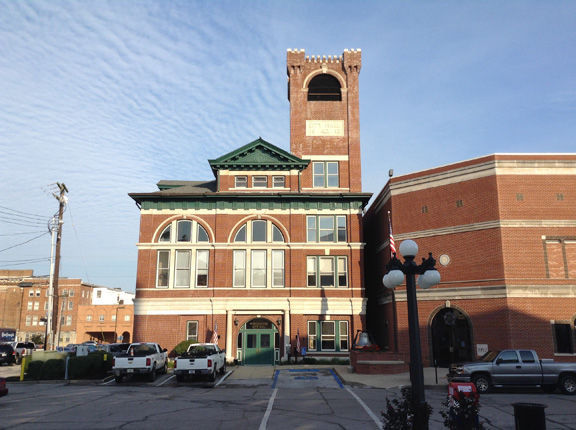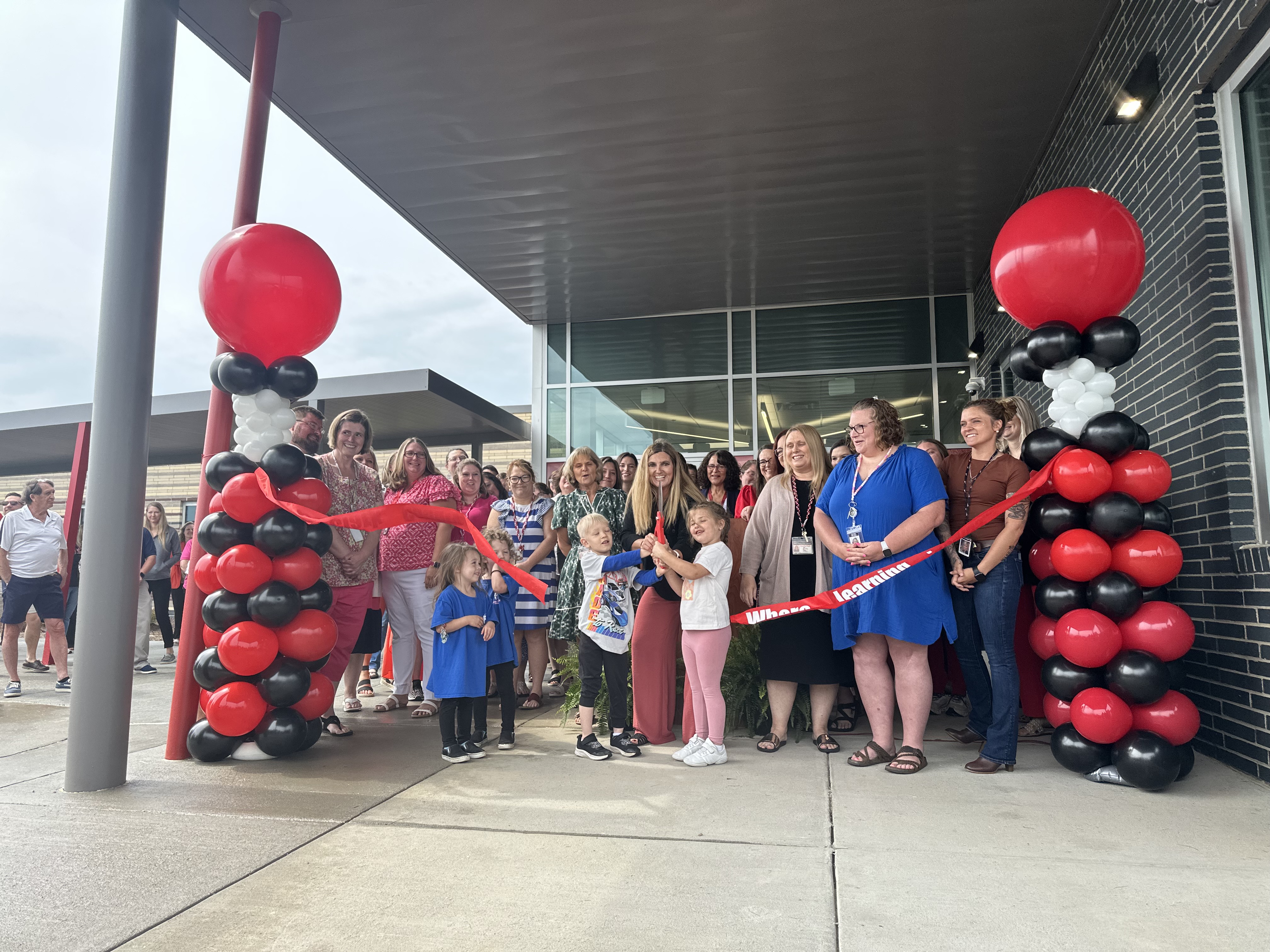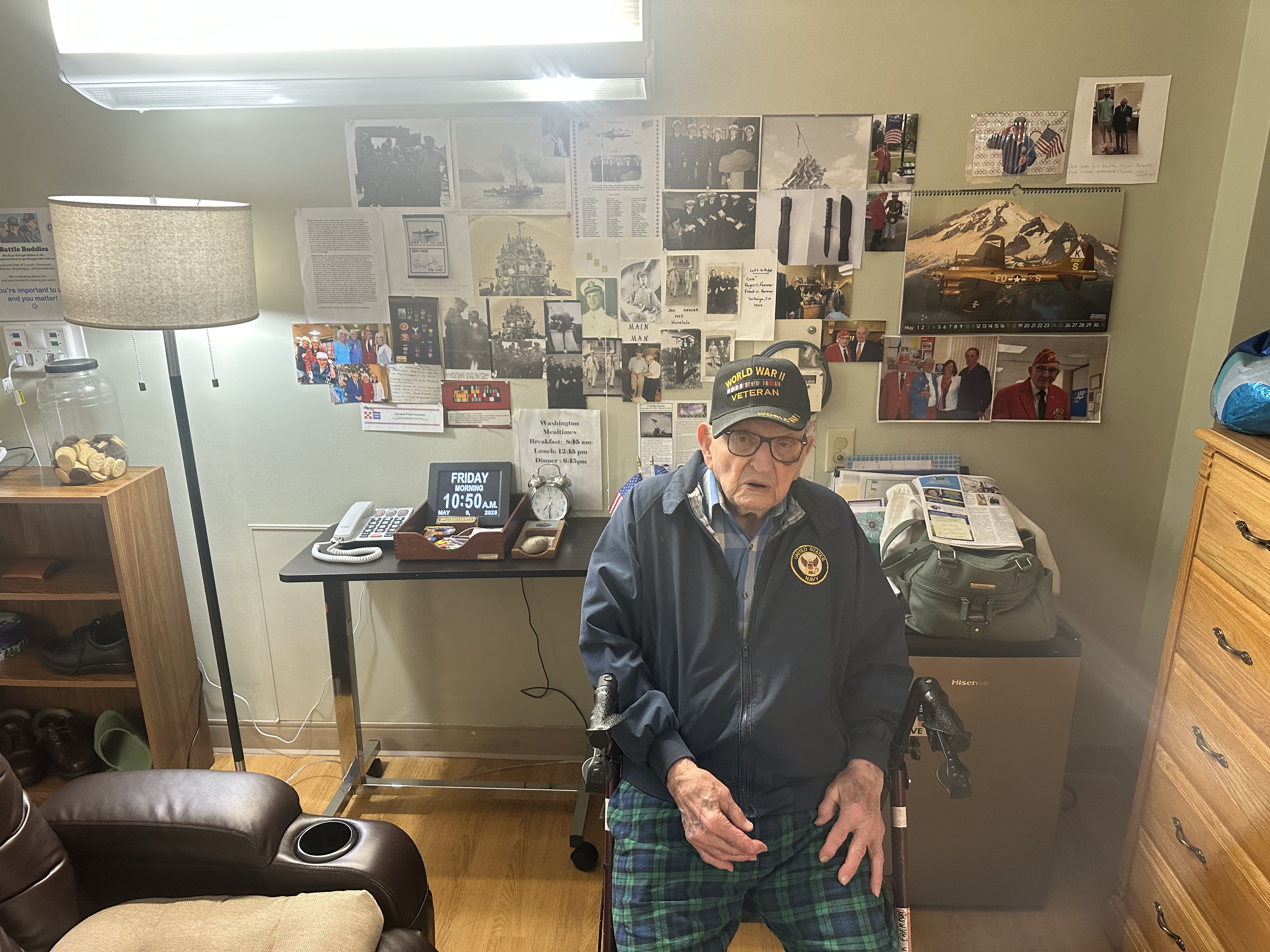City leaders begin budget discussions
Published 10:50 am Tuesday, May 23, 2017
The Winchester Board of Commissioners began picking through the proposed 2018 fiscal year budget Monday morning.
Eleven groups were scheduled to make presentations and budget requests of the commission including the police department, Main Street Winchester, Clark County Community Education, Parks and Recreation and others.
A second discussion meeting, to include making changes to the budget, is scheduled for 8:30 a.m. Thursday at Winchester City Hall, and will include presentations from Winchester Fire-EMS, the Generations Center and Leeds Center for the Arts before final discussions.
The proposed budget, which must be approved by June 30, shows a $2.5 million deficit between projected revenue and estimated expenses in the new fiscal year. It also shows a $4.4 million carryover-fund balance, which would leave the city with more than $2 million in its accounts.
“It’s an aggressive budget,” City Manager Matt Belcher said before the presentation began. “I’m sure there will be lively discussion on several capital items.”
One of those was a proposal from the Winchester Police Department to install cameras at eight key intersections around town. Called a “public safety camera network,” Winchester Police Chief Kevin Palmer said it would aid in investigations as well as other public safety issues such as road conditions during bad weather.
If approved, the cameras would be bought with $29,000 from the department’s forfeiture funds and be installed at key intersections including Lexington Road and Hospital Drive, Lexington Avenue and Bypass Road, Colby and Bypass roads, two on Veterans Memorial Parkway and one near College Park.
The cameras would not be used for enforcement, Palmer said; Kentucky law does not allow for violations witnessed over a camera.
“This is for investigation and road conditions,” Palmer said. “You can’t write a ticket from a camera.”
Winchester Mayor Ed Burtner asked for further discussion as it concerned him from a personal privacy standpoint.
“It is not an enforcement tool and it is subject to open records,” Burtner said. “I have an issue with that.”
Of the eight locations, the only one in a residential area would be College Park, Palmer said. The cameras would have a main focus, but could be moved in the event of a crime, he said. The feed would also be monitored around the clock by dispatchers.
The department’s budget also included $100,000 for a radio simulcast program, which would allow 911 dispatchers to broadcast to all city and county agencies at one time, rather than each agency separately. Palmer said it could be critical in events where, for example, a deputy sheriff would be the closest responder to an emergency in the city.
It would also help cover dead spots in radio coverage in the county, he said.
Clark County magistrates questioned the simulcast program during their budget discussions and how it would benefit the county.
“It’s a critical piece of infrastructure,” Palmer said. “Imagine if we have an issue at one of our schools and the closest unit is a county unit. If (the call) goes on a city frequency first, then the dispatcher has to flip a switch and transmit to county units.”
The reverse could also be true, where a city officer or firefighter would be closest to a county call.
The system would also help at times when there is only one dispatcher on duty, which happens frequently, Palmer said.
The budget also included a request to hire two additional dispatchers and to purchase four new police cruisers, two of which would be bought with forfeiture funds. There was also a request to replace the laptop computers in the department’s cruisers.








